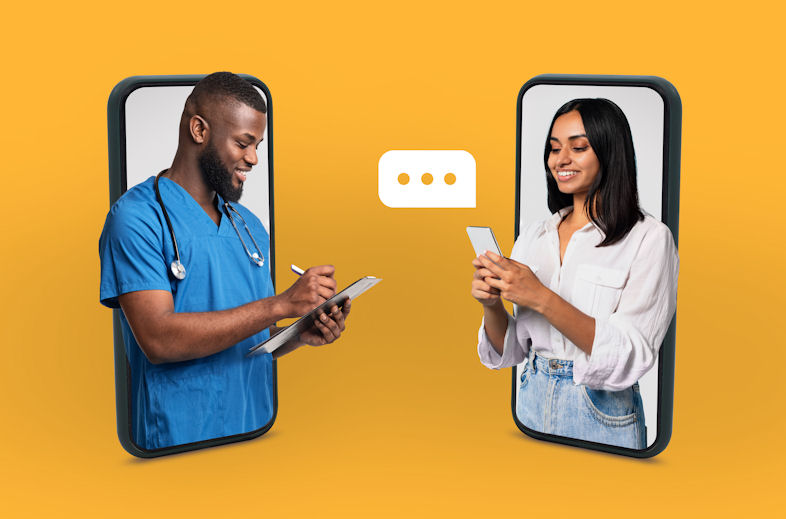COVID-19 has paralyzed daily life. Travel, restaurants, and sports have all suspended operations. Large parts of the workforce are working from home under quarantine. With social isolation in place, going to an addiction treatment center can be more complicated. However, for those struggling with addiction, treatment is still available. Telehealth intensive outpatient programs allow clients to access treatment materials and staff, no matter where they are. Just because you are quarantined does not mean you can not get help.
Telehealth intensive outpatient programs aren’t limited to addiction, either. Some patients, for example, may struggle with a dual diagnosis of substance use and mental health disorders. Other patients may only need mental health treatment. Both sets of patients can access their mental health therapists and treatment materials remotely.

Telehealth Methods
- Telephone: Phone-based care is a great option for many patients. For many, cellphones are the only web-capable device they own. Clients seeking programming can also use phone-based treatment for conference calls or one-on-ones with a therapist.
- Mobile applications: For those patients more comfortable with technology, there are telehealth apps. Available on the major app stores, these programs allow users to get in touch with addiction specialists almost immediately. Accessible from either a cellphone or a tablet, mobile apps allow people to get treatment even if they are on the go.
- Texting: For people stuck in a crowded living space, the silent method of texting is a great option. Texting is also a good idea for people who find it easier to open up via writing as opposed to talking, and those who feel uncomfortable talking on the phone.
- Video chats: Video chats offer the nearest approximation to physical meetings available during social isolation. Both individual and group therapy are compatible with video chats. If you want to see someone face to face, video chat is possible.
- Websites: These programs are accessible at all times, as long as you have an internet connection and a computer. If you need a bigger screen or want to save material to your computer to look at later, this may be the best option.
How A Telehealth Intensive Outpatient Program Works
In this climate, telehealth also removes the fear people understandably have of person-to-person contact. No one wants to get, or to spread, COVID-19. By keeping treatment virtual and practicing social distancing, both staff and clients keep themselves and others safe.
Get Help From Northern Illinois Recovery
- Intensive outpatient program
- Acceptance and commitment therapy
- Cognitive-behavioral therapy program
- Dialectical behavior therapy program
- Motivational interviewing therapy program
Do not let COVID-19 keep you from getting the help you need to live your life. You can overcome addiction and a brighter day is coming. To learn more about a telehealth intensive outpatient program and addiction treatment options, call 855.786.1978 today.




